Executive Spotlight: Mukang Cho, In-Rel Properties
Mukang Cho, CEO of In-Rel Properties, has doubled its portfolio of mostly distressed assets since joining the privately held firm in 2010.
 By Leah Etling, Contributing Writer
By Leah Etling, Contributing Writer
Being tied to one city has never been Mukang Cho’s M.O. Born in South Korea, the CEO of In-Rel Properties lived in eight countries while growing up as the son of a diplomat; father Key-sung Cho served as the South Korean ambassador to the likes of Guatemala, Peru and Argentina. The family’s immersion into Latin America was so thorough that the younger Cho’s first language wasn’t Korean—it was Spanish.
Since coming to the U.S. to attend Cornell University, followed by Harvard Law, he’s translated an interest in architecture, a passion for business and a top-shelf legal education into a successful real estate career. Following stints with Kirkland & Ellis and Crown Capital Management, Cho joined the privately held In-Rel Properties in 2010, and has been instrumental in doubling its portfolio, primarily through the acquisition of distressed assets.
“With the broader real estate and capital markets improving, we are seeing fewer acquisition opportunities that come with a significant pricing dislocation, but they do exist,” Cho noted. The narrowing window for such opportunities is due mainly to strengthening retail and office markets around the country, including Florida, where In-Rel is based. Founded by Charles Stein and Dennis Udwin in 1985, In-Rel now manages 6 million square feet of office and retail property in seven states.
The company focuses not on markets but on individual assets when making purchasing decisions. “We really start with the asset itself and try to create a thesis that this is an asset we want to own and operate. Once we make that determination, at the asset level, then we get comfortable with the submarket and market that the property is in. Unlike a lot of companies that take more of a top-down approach, first identifying where they want to be, we take the inverse approach.”
Subsequent investment in the targeted assets can make a big difference in leasing performance, as has been the case with Rivergate Tower in Tampa, a building that In-Rel bought in 2011. Occupancy is up 20 percent since In-Rel’s purchase and capital improvements.
Improving quality of life is a focus in Cho’s personal as well as professional life. He contributes time, fundraising assistance and resources to his father’s global non-profit, which has built 19 medical facilities in impoverished countries around the world. “It means everything to me,” he said of the Medical Peace Foundation, which is supported with government partnerships in each nation where the facilities are located. “The mission is to provide basic healthcare to men, women and children who might be afflicted and face dire consequences for a condition that, for a similarly situated person in a developed country, would not be an issue.”
CPE: In-Rel Properties has made some notable acquisitions this year, including the Chase Tower in Lexington, Ky. What’s the focus of your growth right now?
Cho: We continue to acquire office and retail properties in secondary markets with a value-added orientation. Our investment strategy focuses on acquiring assets at an attractive cost basis and at a significant discount to replacement cost and then unlocking value through our asset management platform. The properties we acquire are quality assets that are underperforming for any number of reasons. Once we establish the thesis that the asset’s underperformance can be turned around and sustained, we find support in market and other “macro” trends before we proceed with the transaction. Chase Tower in Lexington is a classic example of the type of investment we have been making over the last 30 years.
CPE: Any other notable purchases thus far in 2013?
Cho: Earlier this year, we also acquired two retail centers, one in Lakeland, Fla. (just outside of Tampa) and another in Birmingham, Ala. Through our regional offices in Tampa and Birmingham, we are able to generate immediate operational and financial efficiencies as we implement our value-enhancement strategy.
CPE: Rivergate Tower in Tampa was a great example of that type of success—I understand it was about half vacant when you bought it two years ago. How are things looking there now, and what steps did you take to turn it around?
Cho: Rivergate Tower was approximately 50 percent occupied when we bought it in 2011.Two years later, the occupancy is just under 70 percent, and we expect leasing velocity to pick up even more over the next few months. The success we achieved to date can be attributed to three key objectives we established during the acquisition process: First, we made substantial capital improvements—aesthetic upgrades to the building exterior and common areas, as well as to its mechanical components. Second, we devoted a great deal of attention to get the brokerage community behind us and the building. Third, there’s no better form of advertisement than word of mouth, so we worked hard to provide superlative value and service to our tenants.
CPE: You’ve worked on distress-focused deals throughout your career. What are some of the vital actions for success that you have identified when dealing with this investment class?
Cho: An underperforming asset—whether it’s real estate or something else—doesn’t just turn around on its own. Vision, creativity and, above all, hard work are critical in successfully acquiring and repositioning underperforming assets on a consistent basis. You need to be willing to outwork the competition every day of the week.
CPE: Rivergate Tower is home to an innovative project called the FirstWaVE Venture Center, which fosters technology startup growth. Tell us more about that partnership from In-Rel’s perspective.
Cho: FirstWaVE Venture Center provides opportunities for entrepreneurially minded tech startups to grow and develop into mature companies. Their mission resonated with us deeply, since the founding partners of In-Rel were once young entrepreneurs who had a dream of building their own real estate investment and management company. As important as it is for us to deepen our relationships with our tenants and the brokerage industry, we believe it’s vital to also contribute, any way we can, to the communities where we have a presence.
CPE: You attended Cornell and Harvard Law School; I’m sure your career could have gone in many different directions. Why real estate?
Cho: I practiced transactional law for a few years and enjoyed it greatly. The practice of law provided me with the analytical framework to identify issues and solve problems—something that I do on multiple occasions every day of the week. The legal industry also places a tremendous emphasis on serving the needs of clients; in real estate, those clients are called tenants, without whom we have no business. I developed a keen interest in architecture starting at a young age living around the world. Real estate allows me to pursue this personal interest within the context of a transaction-oriented business.
CPE: Your father is a former South Korean diplomat, noted law professor and global humanitarian. What’s the best piece of advice he ever gave you?
Cho: My father established three goals as a young man growing up in a rural village in Korea: Namely, to serve his family, his country and finally, mankind. He, along with my mother, tirelessly advocated the importance of education and hard work to my sister and me and gave us the tools necessary to pursue our dreams. My father served almost 40 years in the Korean Foreign Service as a career diplomat, during which time we lived in eight countries. Upon retirement, he started a foundation devoted to developing free medical centers around the world. My father started this foundation based on an unfulfilled promise he made when he was the Korean Ambassador to Guatemala. During his tenure there, he had assured the local government that Korea would fund and develop a medical center, but for many reasons, this didn’t materialize. So upon retiring from the Foreign Service, my father returned to Guatemala as a private citizen and built a medical center for the Guatemalan people, one that is operational to this day. Unwavering commitment is the lesson that I embrace daily in both my personal and professional pursuits.
The cause that I support most heavily is my father’s foundation, the Medical Peace Foundation. The foundation has developed medical centers in places like Ethiopia, Tanzania, Peru, Cambodia and Mongolia and it is in the process of completing the 19th medical center in Ghana later this year, with plans underway for additional medical centers over the next few years.
CPE: How do you spend your time when you aren’t working, traveling or speaking on behalf of your firm?
Cho: My wife and I have a toddler named Maverick who happily takes up most of our time. The little alone time is composed of reading, as well as Crossfit during the weekday mornings and tennis on the weekends.
CPE: What’s next for In-Rel?
Cho: I’m excited about In-Rel’s prospects for growth over the next few years. During the four years that I have been with the company, we have hired some remarkable men and women and have been focused on training and developing them so that we can become best-in-class in each of the markets where we have a presence. While we own office buildings and shopping centers, our success is predicated on providing superlative service to our tenants, and this can’t be achieved without a team of top-notch talent.


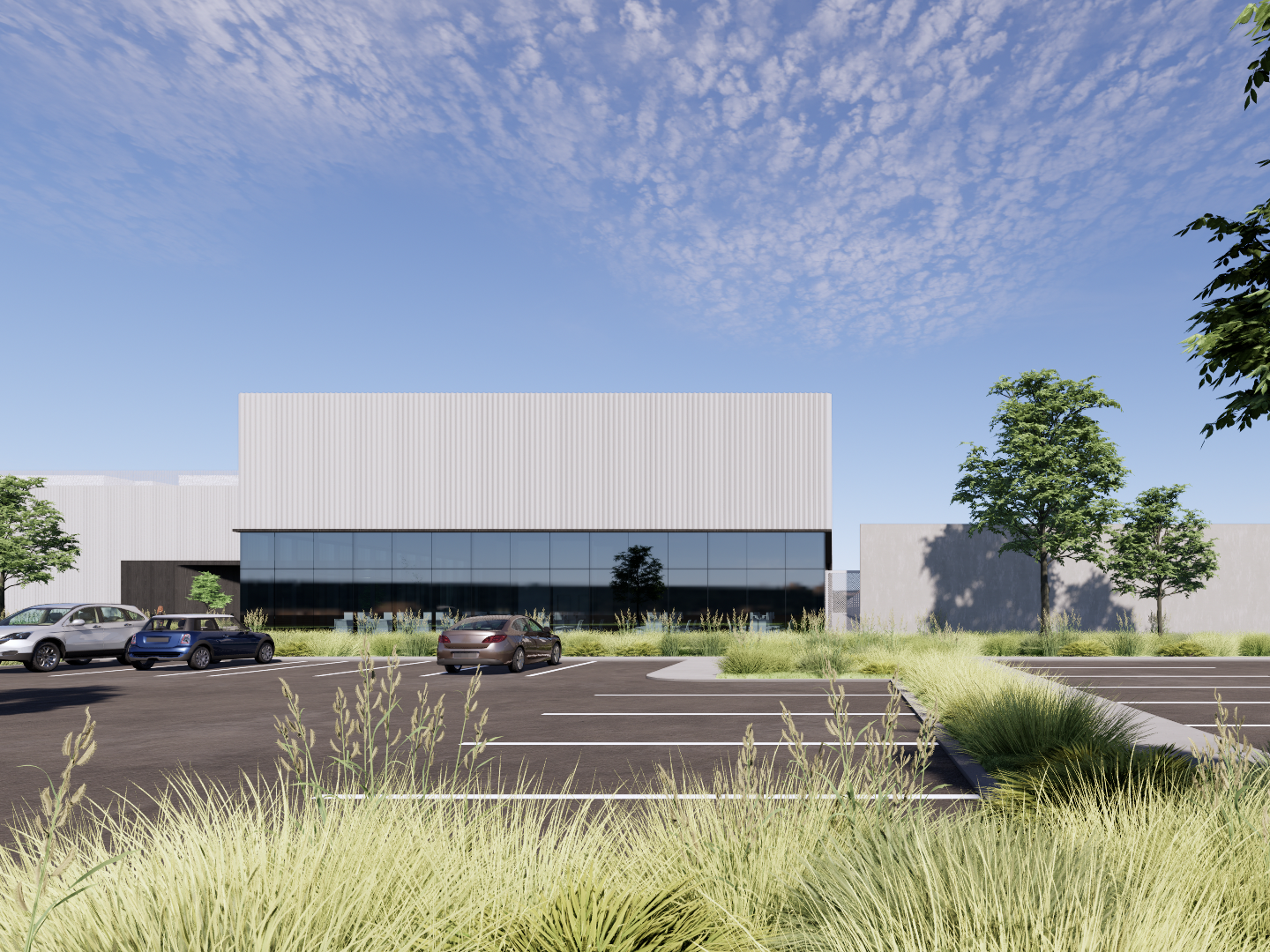
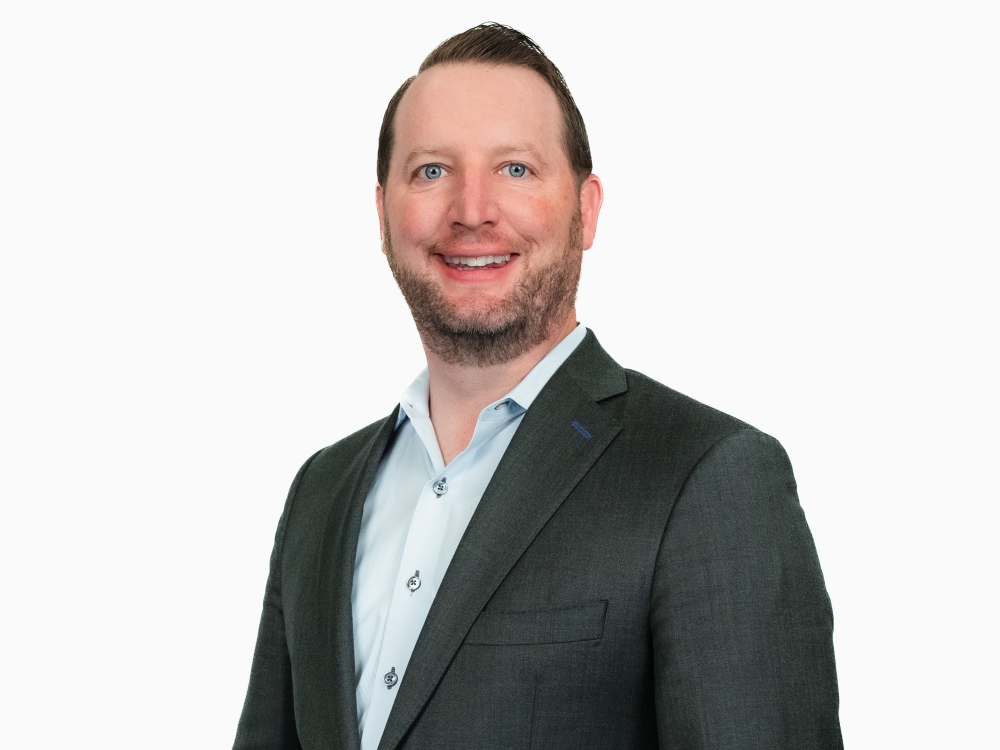
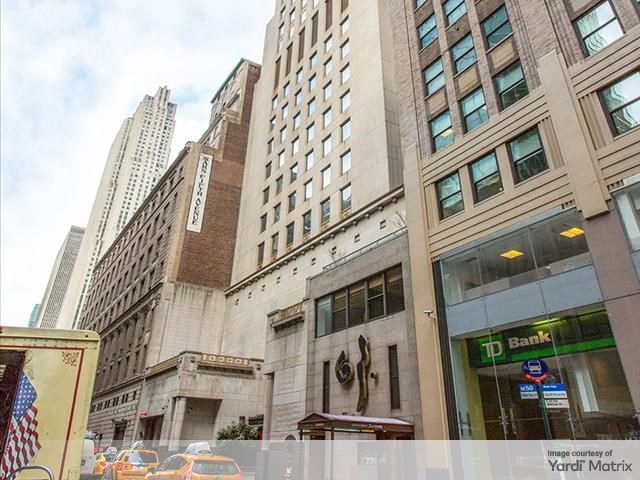
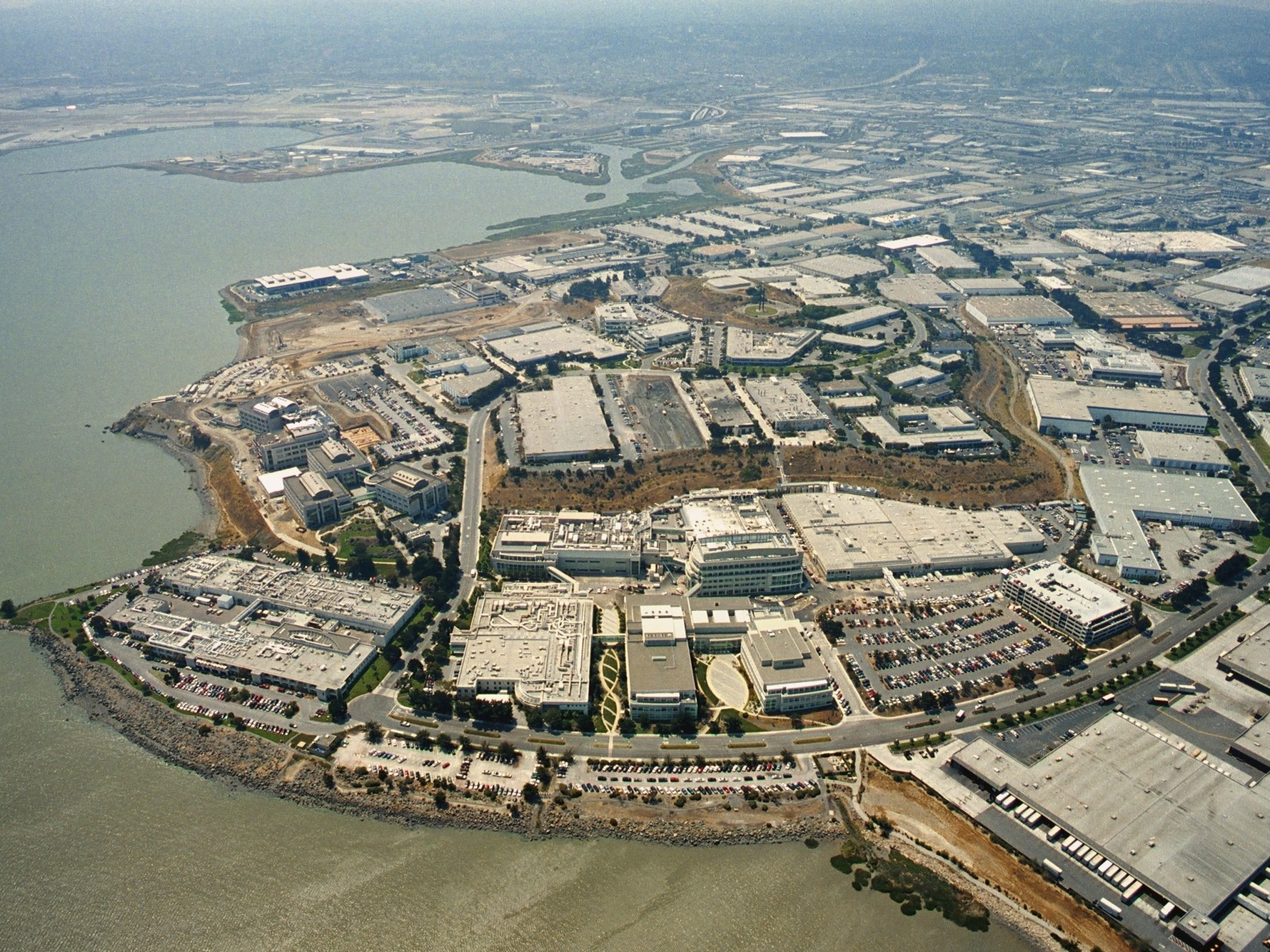
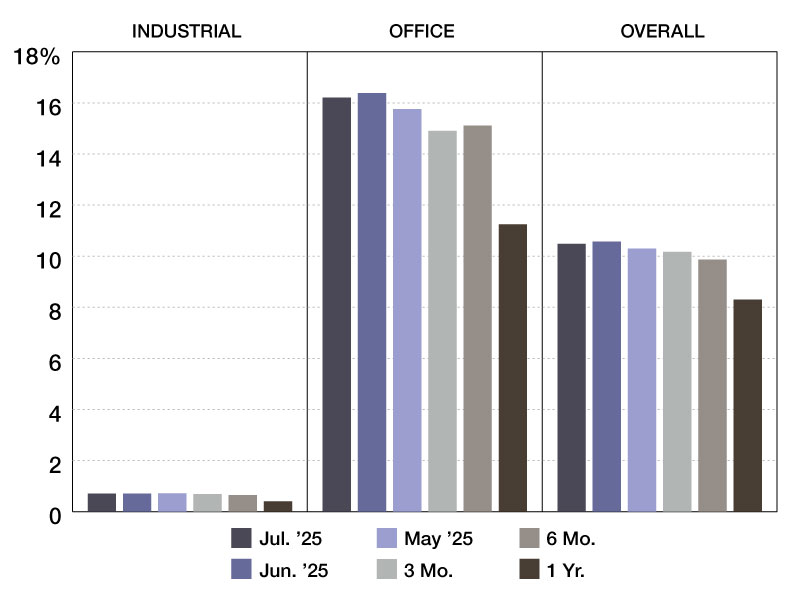
You must be logged in to post a comment.